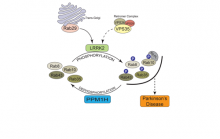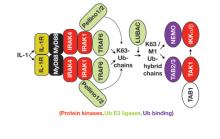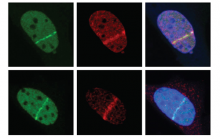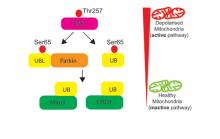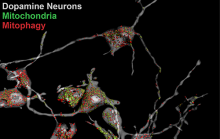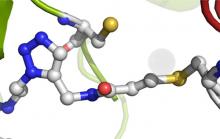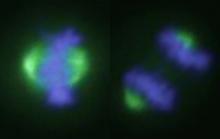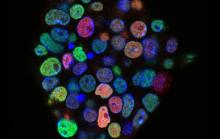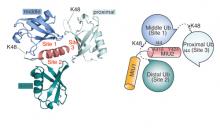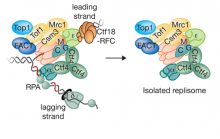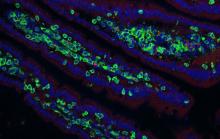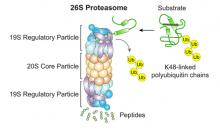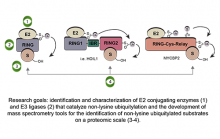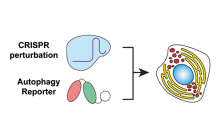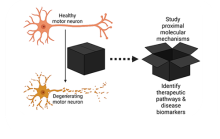


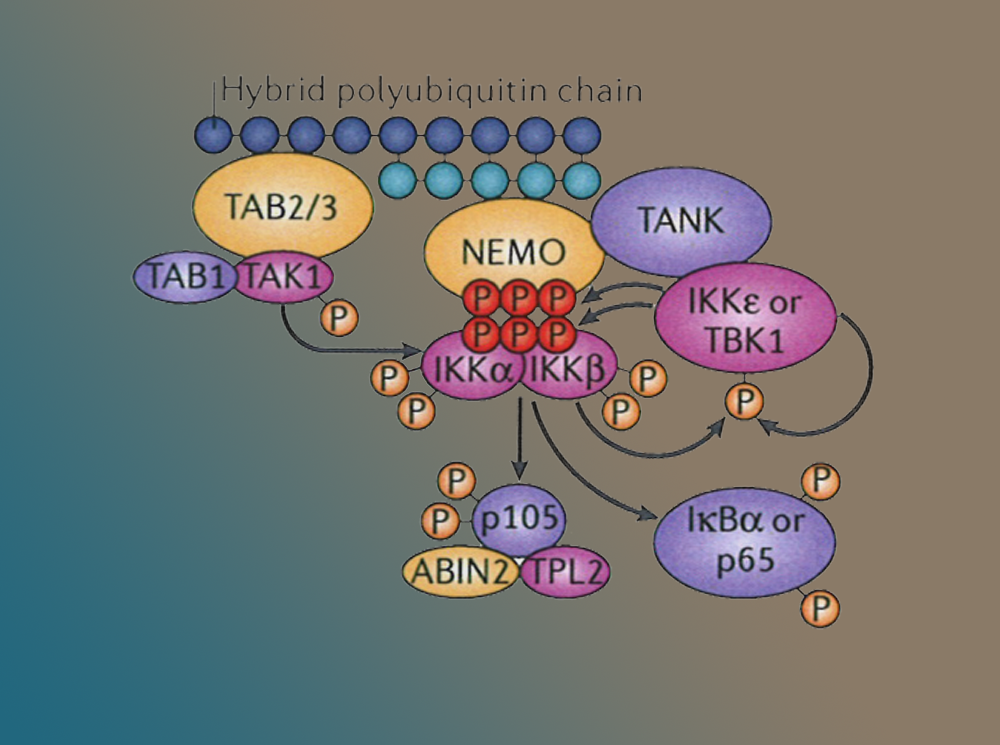 Two Visiting Clinical Scholarships are available to early career clinical academic researchers based at the University of Cambridge (ACF, ACL, PhD, Clinician Scientist/Postdoctoral) to spend between 1 and 3 months undertaking research at the MRC Protein Phosphorylation & Ubiquitylation Unit (MRC-PPU) at the University of Dundee, one of Europe’s leading life sciences research institutes. The Unit has 12 internationally recognised research groups focused on unravelling the role of protein phosphorylation and ubiquitylation pathways in human diseases.
Two Visiting Clinical Scholarships are available to early career clinical academic researchers based at the University of Cambridge (ACF, ACL, PhD, Clinician Scientist/Postdoctoral) to spend between 1 and 3 months undertaking research at the MRC Protein Phosphorylation & Ubiquitylation Unit (MRC-PPU) at the University of Dundee, one of Europe’s leading life sciences research institutes. The Unit has 12 internationally recognised research groups focused on unravelling the role of protein phosphorylation and ubiquitylation pathways in human diseases.
Visiting Clinical Scholars to the MRC-PPU will receive cutting edge training in mechanistic analysis of signalling pathways in a disease area relevant to their primary research project and interests. Areas of expertise in the Unit include neurodegeneration, cancer and inflammation but other fields of medical research relating to signalling pathways could also be explored. The MRC-PPU has a strong track record in deciphering the regulation of poorly studied signalling components that emerge from genetic analysis of human disease.

The Visiting Clinical Scholarship will cover the cost of all travel to and from Dundee; accommodation; laboratory bench costs and consumables. Additional funds are available for successful applicants to visit the MRC-PPU to meet with prospective host PIs prior to starting their projects. There are direct flights from London Stansted to Dundee.


